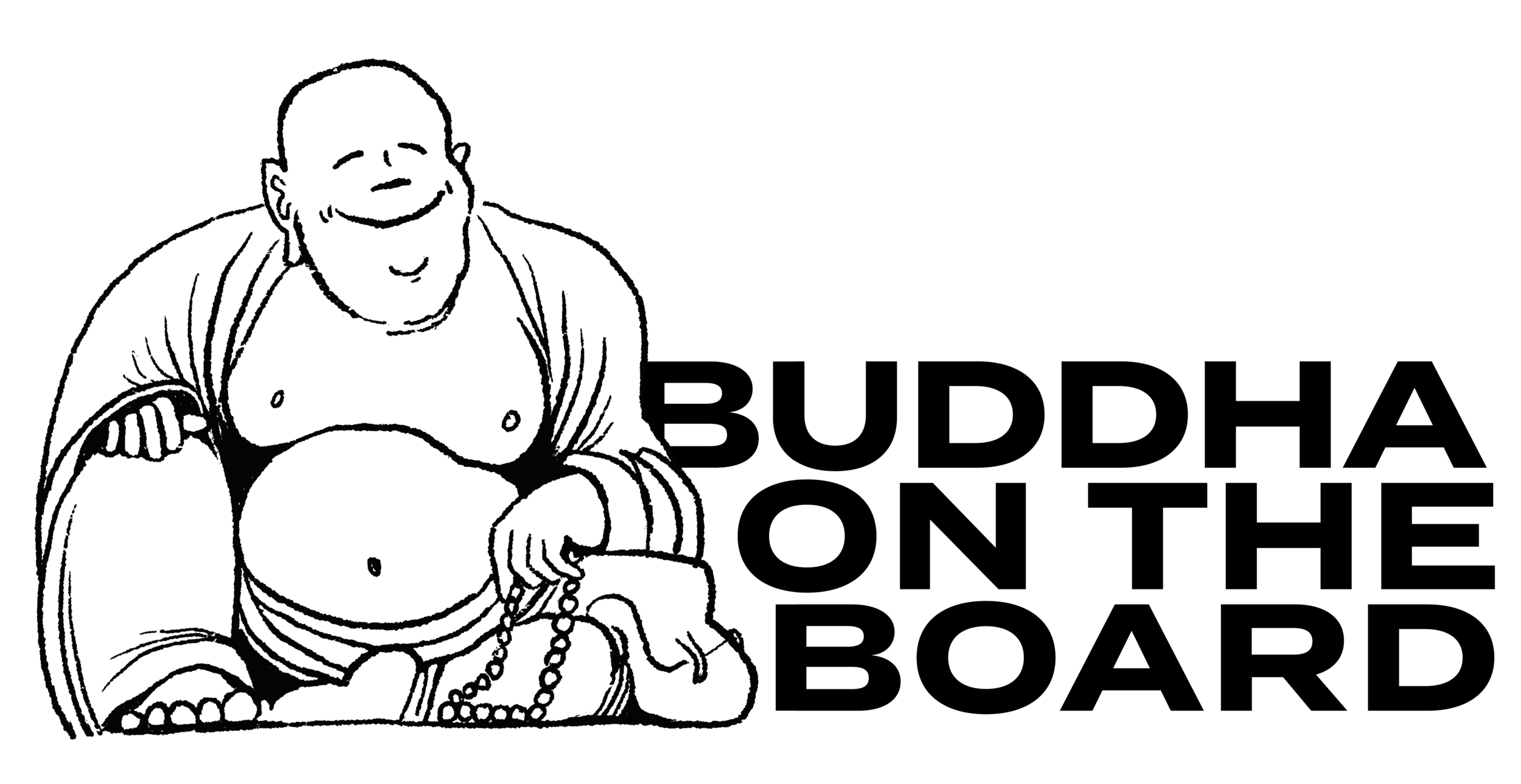Lending You Resilience And Confidence.
Discounting prices costs a lot.
What you charge sends a signal.
To the market, to you.
It says I am quality and reliable and worth your time and effort. It says “I am different, better, more helpful/reliable/valuable”. Or it might say: “I am the same as everyone else’.
Are you?
What you charge speaks to prospective customers, clients. It speaks it to you too.
Put your prices up and you’ll have more money.
And that’s important because it’s your engine fuel. Whatever flavour of business you’re in, whatever your goals or ambition or motivations, whether social economic, personal or commercial. And I hope it’s social, but that’s just me.
Put your prices up and you’ll earn better clients.
It’s invitation to grow and change your business, to elevate, to rise up. You know your impact is waiting for new clients, a more prominent stage? Putting your prices will change how you feel, how you talk, how you present. It will help you believe in what you know to be true. That you really are worth it. By extension, it will change how prospective clients feel too.
Put your prices up. Try it. Today.
Oh… and when you find yourself saying…
”I can’t”.
”Now is not a good time”.
”I’ll be too expensive”.
”I’m already too expensive”.
”I charge enough”.
”My prices are fine”.
”I am benchmarked”.
….. and then you do nothing. Then definitely put them up.
These are excuses, not reasons.
How To Protect And Increase What You Earn (when the world around you is going to shit).
Money buys different things. It might buy you more time off. It might be your family something new. It might buy you peace of mind (if only fleetingly…be careful of this one). It might buy your team a bonus, a gift, a day out. It might buy your company a little more security, your job a little more surety. Money buys many things. It is useful, not evil.
Protecting and increasing what you earn is the bonus of following a different process.
1) Know and trust your niche, your expertise. You need to believe you’re worth it. You do good work, trust and know that to be true (unless it isn’t. In which case, focus on doing good work and let’s speak again when you get there).
2) Take time to understand what a client is really buying. Know the outcomes they’re interested in. Know their motivations. Clients and customers buy one of two things; good feelings and solutions. Do you know what they are?
3) Explore the value of the work, as the client sees it.
You know the good and feelings and solutions they’re buying?
What price to do the work or not do the work?
These point to the value of what you’re doing. And the value is a clue to what you might earn.
4) Are you easy to buy?
Often times clients ask for proposals.
(Important side point: proposals never persuaded anyone of anything. They might reassure, but they never persuade. As such, rush to proposal at your peril.)
A proposal should offer a range of options, different ways of working together, different ways you can guarantee the good feelings and solutions they’re buying.
And while you’re at it, make it three options. If you just give one price, one way of working together, you’re actually making you harder to buy.
Are you hard or easy to buy?
5) Work to a virtuous work cycle.
A virtuous work cycle?
Do less work.
To focus only on the things you’re good at.
So get better at the things you’re good at.
And become more valuable.
As you get more valuable, earn more.
As you earn more, do less.
And repeat.
On and on. For ever.
Amen.
